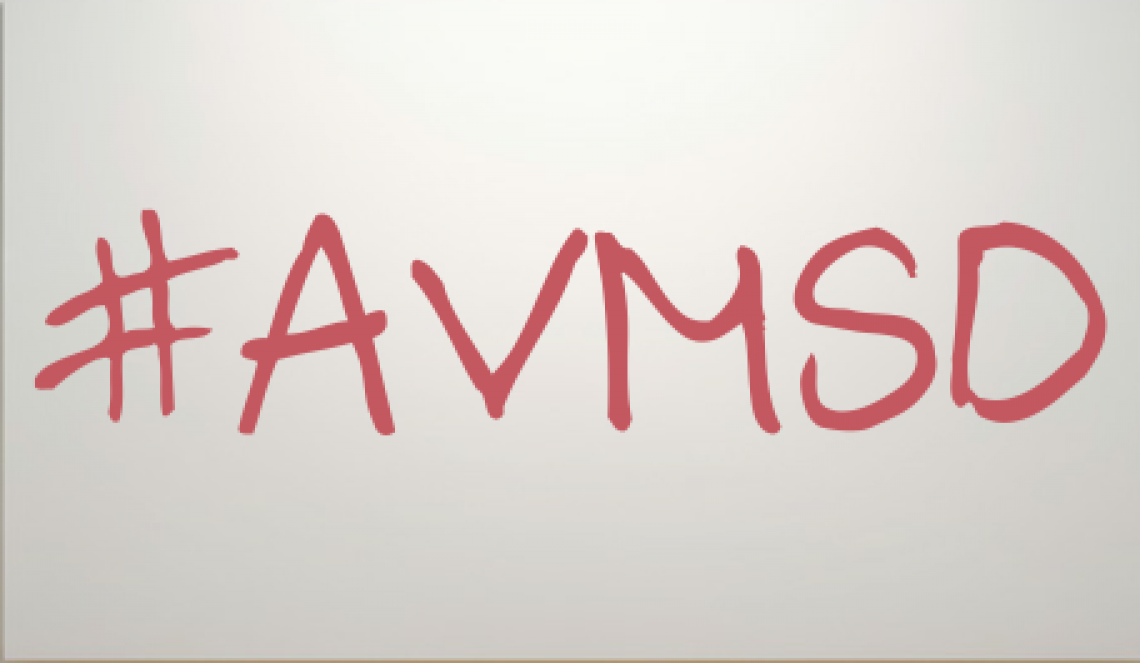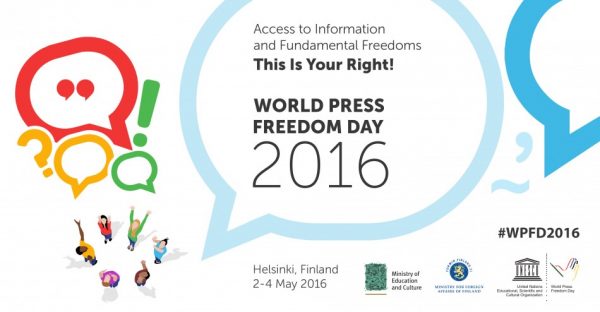
Read more
Discussion Series
AVMS Review and Media Regulator’s Independence: The Dancing Procession of Echternach?
Indeed, in its legislative proposal amending the Audiovisual Media Services (AVMS) Directive of May 25, 2016, the European Commission puts a significant change to the current Article 30, which refers to media regulators, on...

Today is the World Press Freedom Day. It is also the 250th anniversary of the world’s first freedom of information law. Freedom of expression and the right of access to information are fundamental conditions in democratic societies. Access to information is one of the key tools for journalists to watchdog the power holders. Information is one of the main precondition for citizens to constructively participate in public debate and decision-making process.
Democracy requires accountability and ensuring accountability requires access to information. Protection of the right to information is one of the basic indicators within the Media Pluralism Monitor (MPM), one of the Europe’s principal measures of the risks to media pluralism and media freedom. The project is guided by the Centre for Media Pluralism and Media Freedom at the European University Institute and implemented by country teams.
Recently published results for 2015 show that not all EU countries guarantee right to information fully. In 2015 MPM examined 19 EU member states: Austria, Croatia, Cyprus, Czech Republic, Finland, Germany, Ireland, Latvia, Lithuania, Luxembourg, Malta, Netherlands, Poland, Portugal, Romania, Slovakia, Slovenia, Spain and Sweden. None is free from concern: for instance Austria and Luxembourg still do not have freedom of information law. Article 20(4) of the Austria’s Constitution states that there is a right to information but the obligation of administrative authorities to maintain secrecy has precedence (Article 20(3)). In the case of Luxembourg the Constitution does not mention this right and there is an overall lack of legislation relating to a fundamental and coherent right to information.
Other assessed countries have adopted relevant laws. However, evaluation has shown that even comprehensive laws are still not sufficient to ensure effective implementation in practice. Commonly reported breaches are obstructions and delays. One of the main professional standards in journalism is to be timely. Journalistic deadlines are often very short and hence in conflict with the legally prescribed deadlines for the submission of information. But in some cases governments and public bodies apply specific tactics to further frustrate requests or to harm critics, like fee imposition or stalling. The Slovak team reported that in May 2015 the Government (Cabinet) announced that it will ignore questions from a particular newspaper. In these cases journalists or media organizations usually don’t see the use in appeals since by the time a court decides the information is outdated.
Inefficiency or slowness of the appeal mechanisms is noted as a significant threat to freedom of information. Very long judicial process stands as a risk in Latvia and Finland. In Czech Republic current legislation does not provide any sanctions against authorities that repeatedly ignore the law. In Croatia a high number of appeals brought before the Information Commissioner shows that there are still concerns about the respect of this right.
MPM2015 results suggest that laws are not enough if there is no true political will to ensure effective implementation and provide relevant information. To ensure that there is accountability, as well as diversity in the sources, opinions and voices, press needs freedom and access to information.
The Protection of right to information is again among selected indicators of media pluralism and media freedom in MPM2016 implementation. Again this indicator aims to assess the existence and effective implementation of regulatory safeguards relating to this right but now in all EU member states and Montenegro and Turkey, as candidate countries.


